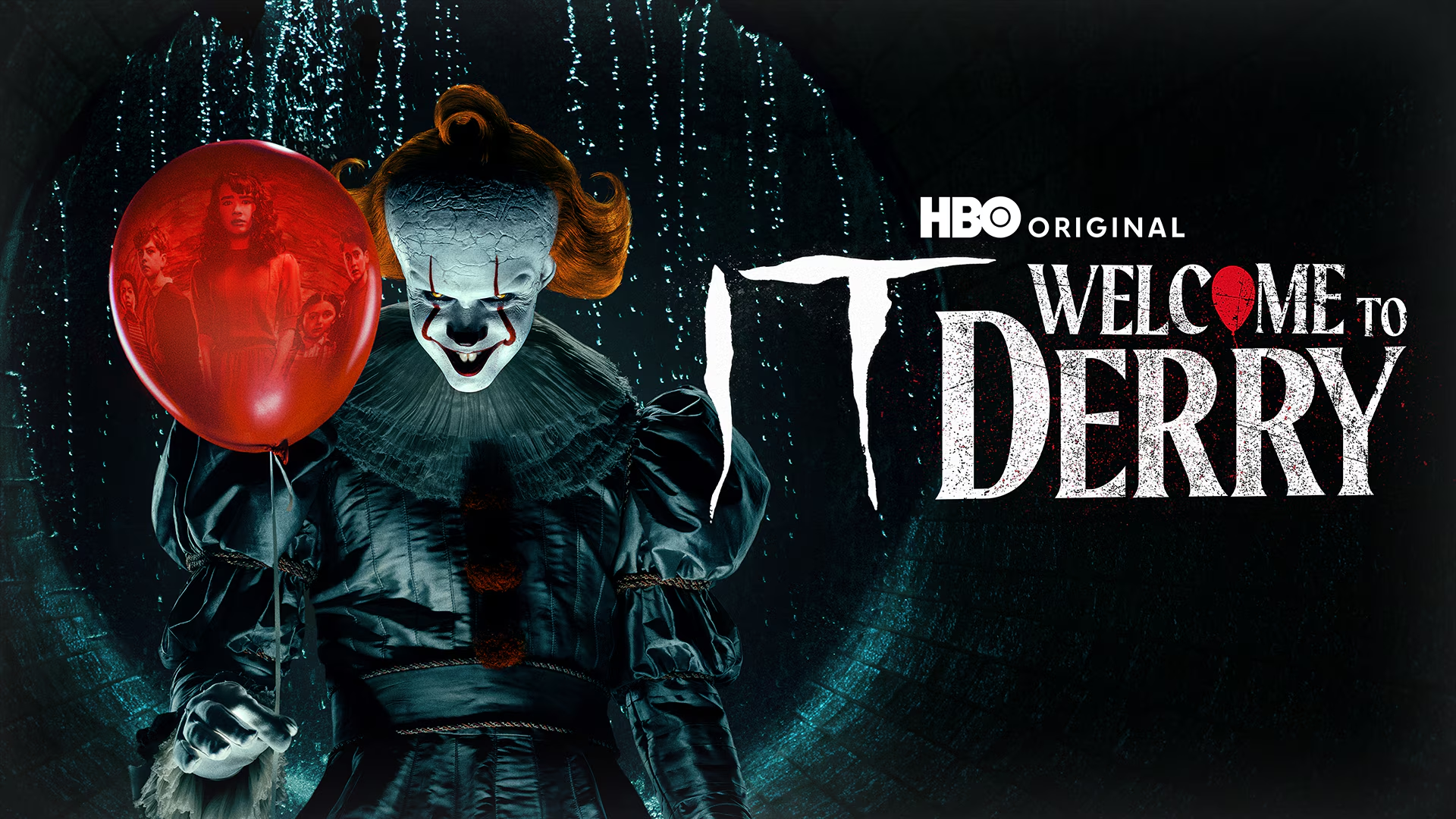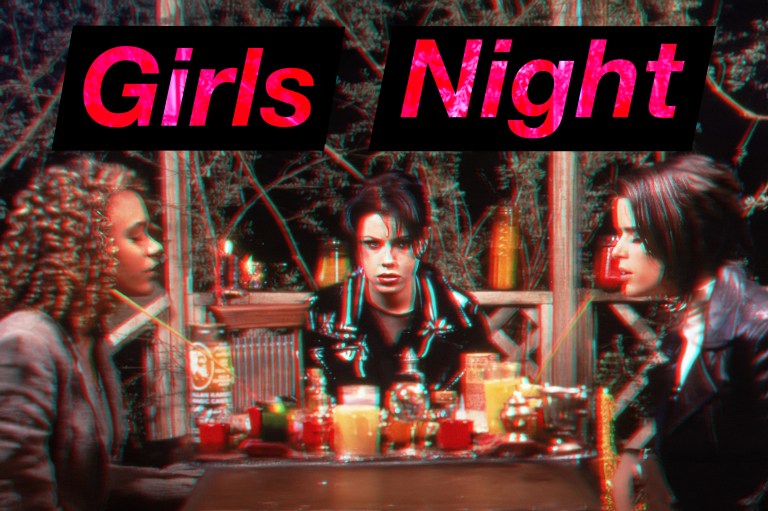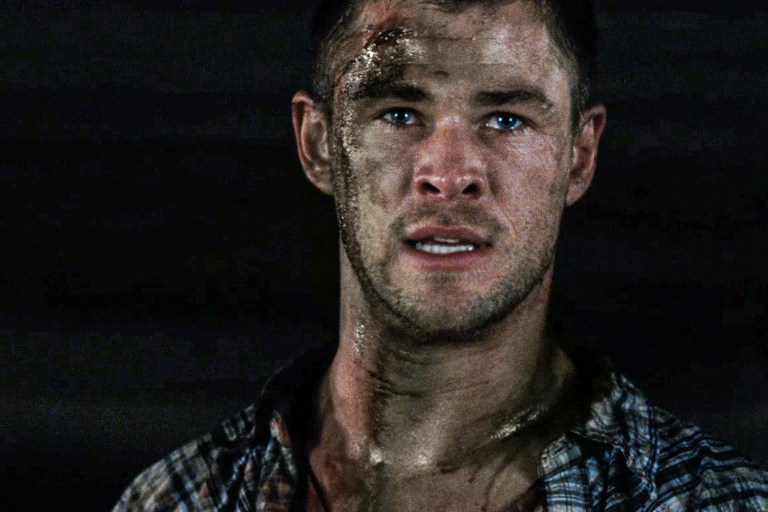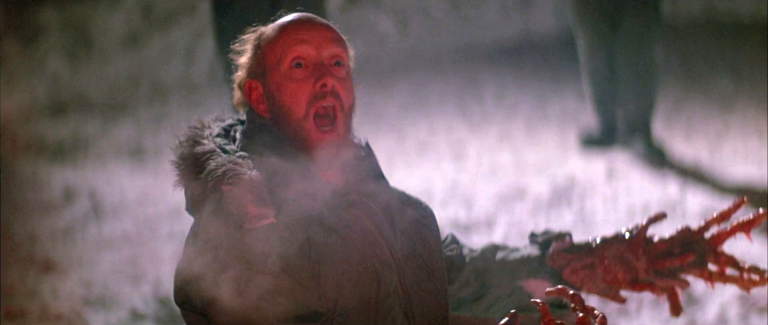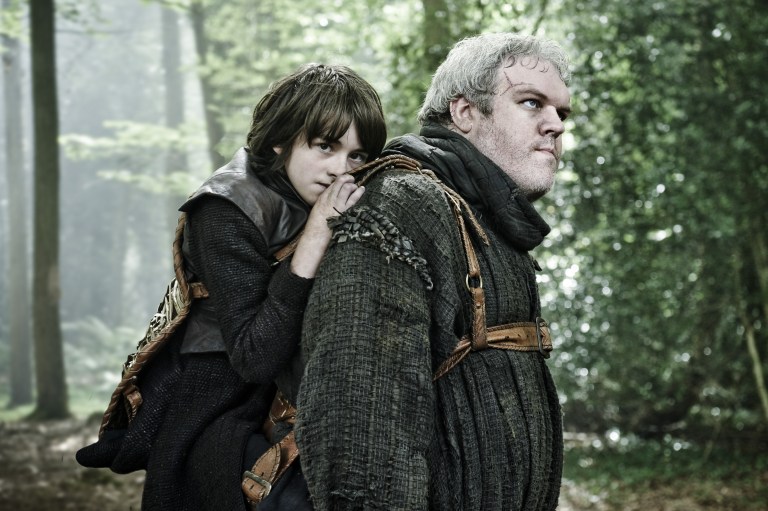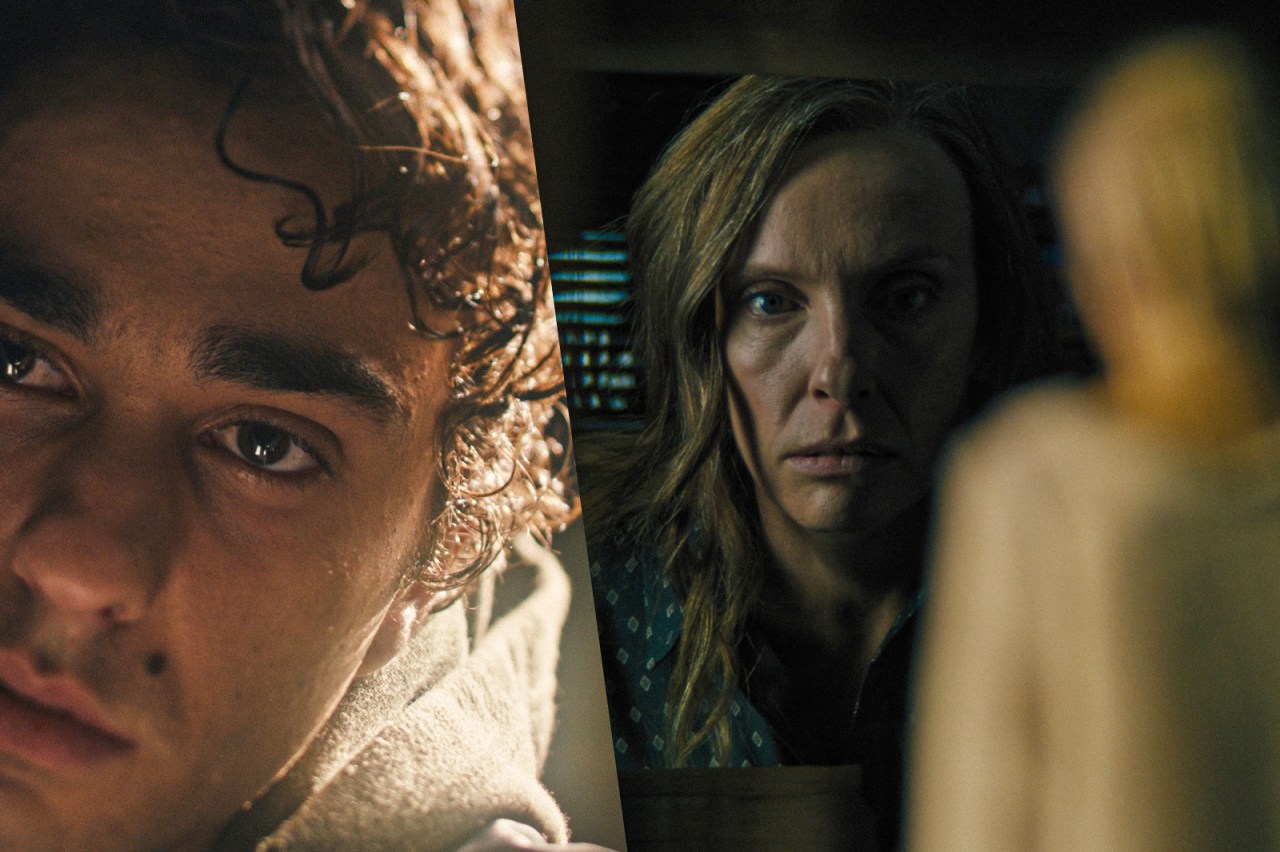
Why That One Scene In ‘Hereditary’ Is So Horrifying
By ![]() Chris Catt
Chris Catt
Spoilers ahead.
Hereditary (2018) is often heralded as one of the most terrifying horror films of its generation. Its combination of supernatural horror and raw familial drama leaves an indelible mark on viewers.
Among its many unsettling moments, one scene stands out as the most disturbing—not because of its shock value, but because of its emotional devastation and masterful execution. The sequence following Charlie’s death encapsulates everything that makes Hereditary not just horrifying but unforgettable.
What sets Hereditary apart is its ability to ground supernatural elements in real human experiences. The decapitation of Charlie, a shocking and gruesome moment, is only the catalyst for what follows. After Peter (Alex Wolff) accidentally causes his sister’s death, the film takes a chilling turn into a depiction of grief that feels harrowingly authentic. Peter’s silent shock contrasts sharply with Annie’s (Toni Collette) guttural cries of despair, creating a sequence that transcends typical horror tropes.
The brilliance of this scene lies in its restraint and emotional authenticity. After the violent, abrupt nature of Charlie’s death, the film shifts to Peter driving home in silence, too paralyzed by guilt and disbelief to even check the back seat. The horror deepens as we hear Annie discover her daughter’s body the next morning. The camera stays with Peter as Annie’s screams fill the air. This deliberate choice traps the audience in Peter’s perspective, amplifying the scene’s intensity.
The visuals that follow are hauntingly symbolic. Annie’s screams persist as we see Charlie’s severed head, swarmed by ants—a grotesque reminder of the fragility of life. The sequence culminates in Annie on her hands and knees, wailing that she wants to die. Her position mirrors her ultimate fate in the film’s finale, where her headless body bows to Paimon. This foreshadowing subtly ties the family’s grief and destruction to the supernatural forces at play, but the emotional weight of the scene is grounded in raw human suffering.
What makes this sequence the most disturbing in Hereditary—and arguably in horror history—is its realism. The audience isn’t scared by jump scares or gore alone but by the unbearable grief and disconnection between family members. The horror stems not from the supernatural but from the inescapable pain of loss, making this moment linger far longer than the film’s more overt shocks.
